Today, the concept of a creator society is reshaping not only how we consume content but also how we approach education. According to AMP agency, the term “creator” has become ubiquitous in the 2021 marketing landscape, with influencers increasingly identifying as creators. Forbes indicated that social media giants like TikTok, Instagram, Facebook, and YouTube are now offering dedicated services and tools for creators, reflecting the booming creator economy estimated at over $100 billion.
The rise of online platforms and the democratization of content creation have given individuals the opportunity to share their knowledge and skills with a global audience. As this trend continues to gain momentum, it is ushering in a new era for education—one that is characterized by accessibility, collaboration, and a departure from traditional educational models.
The Creator Society and Online Content Creation
The heart of the creator society lies in the ability of individuals to create and share content online, earning recognition and income in the process. In this regard how to define a creator comes into perspective. The term “creator” gained traction around 2011, notably through YouTube’s focus on creators. It has, in some respects, replaced the term “influencer,” suggesting a shift towards a more authentic and wholesome portrayal of digital content producers. Different social media platforms have varied definitions of a creator. YouTube distinguishes between “established” and “aspiring” creators based on follower counts. Facebook considers anyone building community through content creation a creator, while Instagram sees influencers and creators as synonymous. Twitter, AKA X, broadly defines creators as entities producing content, further categorizing them into “artists” and “influencers.”
The essence of the creator society lies in the empowerment of individuals to become active participants in the creation and dissemination of content on digital platforms. Unlike traditional modes of content creation and distribution, the creator society harnesses the power of the internet, allowing individuals to showcase their talents, share their knowledge, and express their creativity on a global scale.
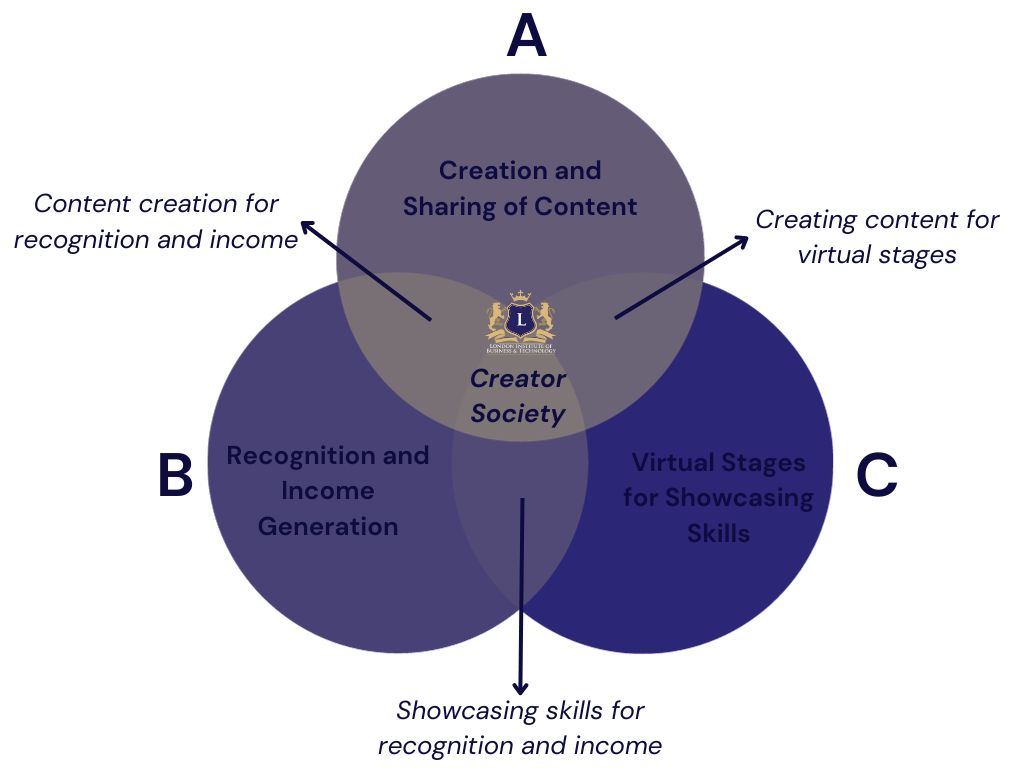
Social media platforms, video-sharing websites, and other online spaces have become virtual stages where anyone with a passion or expertise can showcase their skills. This shift has profound implications for education, challenging the traditional notion of learning confined within the walls of a classroom.
The Changing Landscape of Education
As the creator society gains prominence, the landscape of education is undergoing a transformative shift. The rigid structures of traditional education are being replaced by a more fluid and dynamic model that leverages the power of online platforms. This shift is driven by three core principles that form the vision for the future of education.
Core Principle 1: Accessibility for All
The first principle of the future of education in the creator society is accessibility. Online platforms break down geographical barriers, providing access to education for individuals regardless of their location or socioeconomic status. The democratization of knowledge ensures that everyone has the opportunity to learn from creators around the world, fostering a diverse and inclusive learning environment.
Core Principle 2: Collaborative Learning Communities
In the creator society, education is not a one-way street. It is a collaborative journey where learners become active participants in their education. Online platforms facilitate the formation of learning communities where individuals can engage with creators, ask questions, and share their insights. This collaborative approach fosters a sense of connection and community, enriching the learning experience.
Core Principle 3: Lifelong Learning and Skill Diversification
Traditional education often follows a linear path with a predetermined set of subjects and a fixed duration. The creator society envisions a future where education is a lifelong pursuit, and individuals have the flexibility to learn what they need when they need it. This principle encourages skill diversification, allowing learners to adapt to the evolving demands of the digital age.
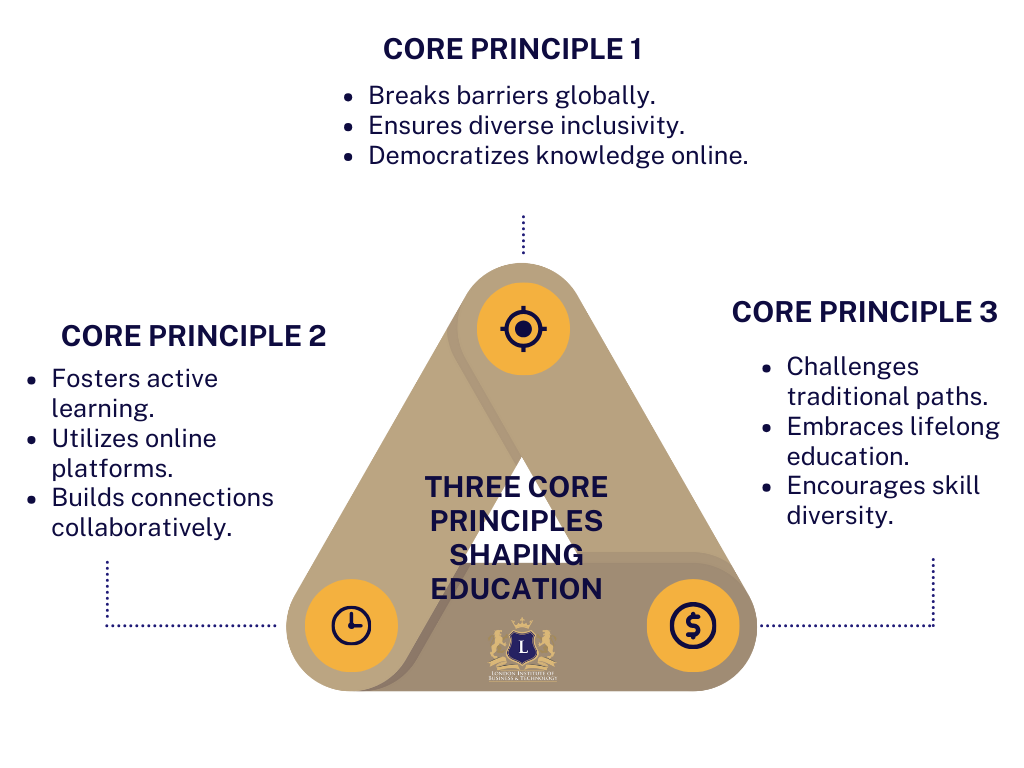
Challenges and Opportunities
While the creator society brings about exciting opportunities for education, it also poses challenges. The authenticity of online content, the need for effective curation, and the potential for information overload are among the challenges that must be addressed. However, these challenges present opportunities for the development of innovative solutions, such as advanced AI-driven curation tools and platforms that verify the credibility of creators.
The creator society is not just a trend; it is a paradigm shift that is redefining how we approach education. Embracing the three core principles of accessibility, collaborative learning communities, and lifelong learning positions us at the forefront of an educational revolution. As we navigate this transformative journey, the vision for the future of education in the creator society is one that empowers individuals to become lifelong learners, creators, and contributors in an ever-evolving global knowledge ecosystem.
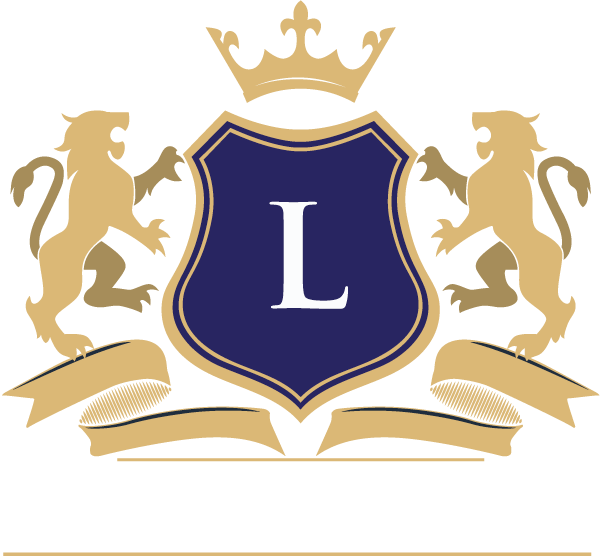
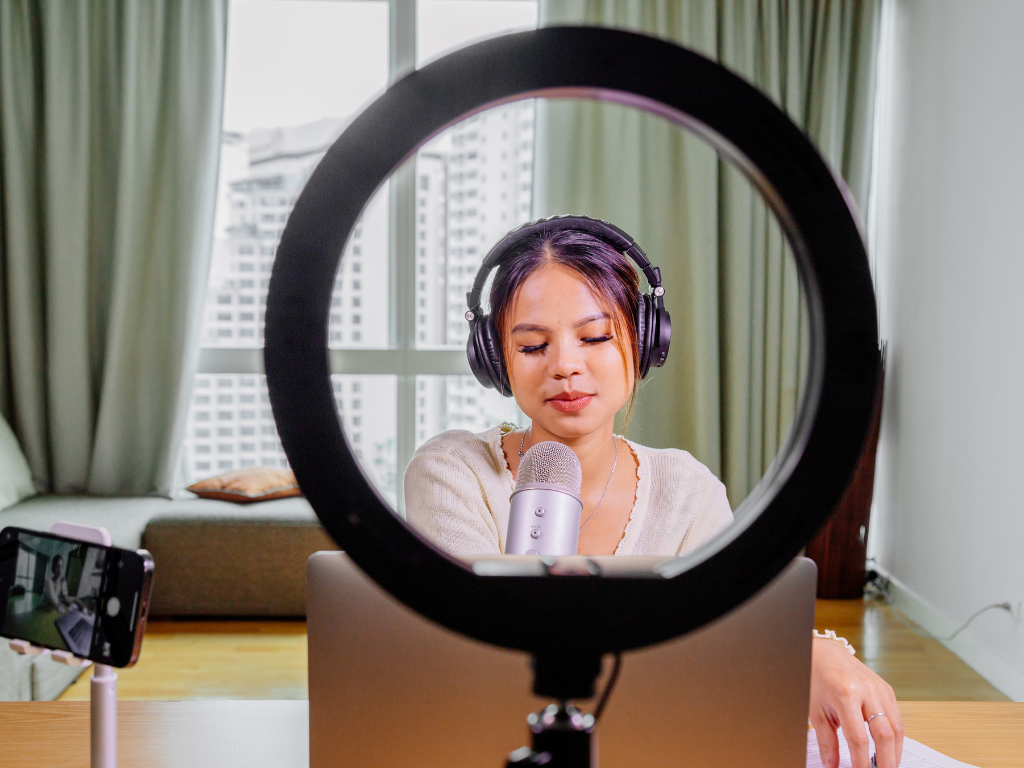



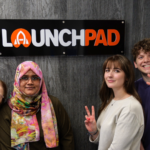

Leave a Reply
You must be logged in to post a comment.